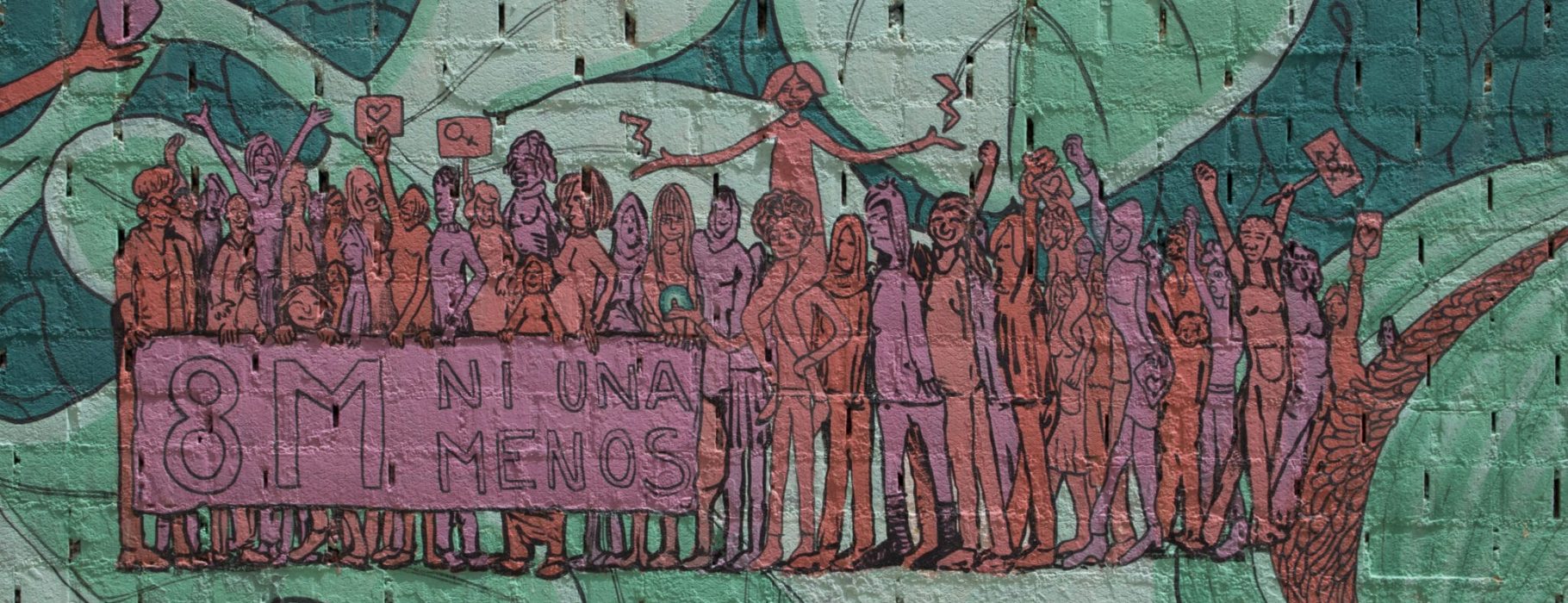
Trans Organizing in Times of Mass Struggle
Call for Submissions
June 18, 2021
Recent years have witnessed a range of mass uprisings, including political revolutions in Chile and Tunisia; movements for abortion rights in Poland and Argentina; insurgencies against anti-Black state violence in the US and France; struggles against apartheid in Palestine; and risings against authoritarianism in Myanmar, Belarus, India, Brazil, and elsewhere. Across many of these contexts, gender and sexual minorities have played important roles in maintaining cycles of struggle and in pressing movement organizations to sharpen their analyses and aims.
In keeping with our editors’ interest in tracking ongoing processes of self-organization, and in foregrounding how matters of difference shape movement dynamics, Spectre Journal plans to publish in Issue Five a series of short essays that consider the involvement of trans organizers and organizations in recent cycles of struggle.
How, in the context of large-scale social movements, did trans organizers help compose new forms of struggle, or articulate new theoretical points of departure?
Each essay will focus on events in a particular national context or transnational nexus, narrating an arc of mass struggle and locating in this broader story the activities of gender and sexual minorities. In what ways did this period of mass struggle catalyze trans organizing, and vice versa? Did rifts emerge among movement actors? Were there particular incidents or encounters that dramatized the stakes of such rifts? How, in the context of large-scale social movements, did trans organizers help compose new forms of struggle, or articulate new theoretical points of departure?
If you are interested in submitting an essay for consideration, please email a brief proposal to Mattie Armstrong-Price by 1 November 2021. He can be reached at: aarmstrongprice[at]fordham[dot]edu. Full drafts will be due on 1 February 2022, and should fall in the range of 1,500 – 3,000 words.
We are particularly interested in publishing essays that focus on movements outside of Western European and North American contexts, and assume that the relevant categories of identity will be particular to the sites of struggle you consider (i.e., “trans” may or may not be a salient category in your story).
